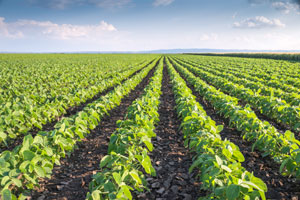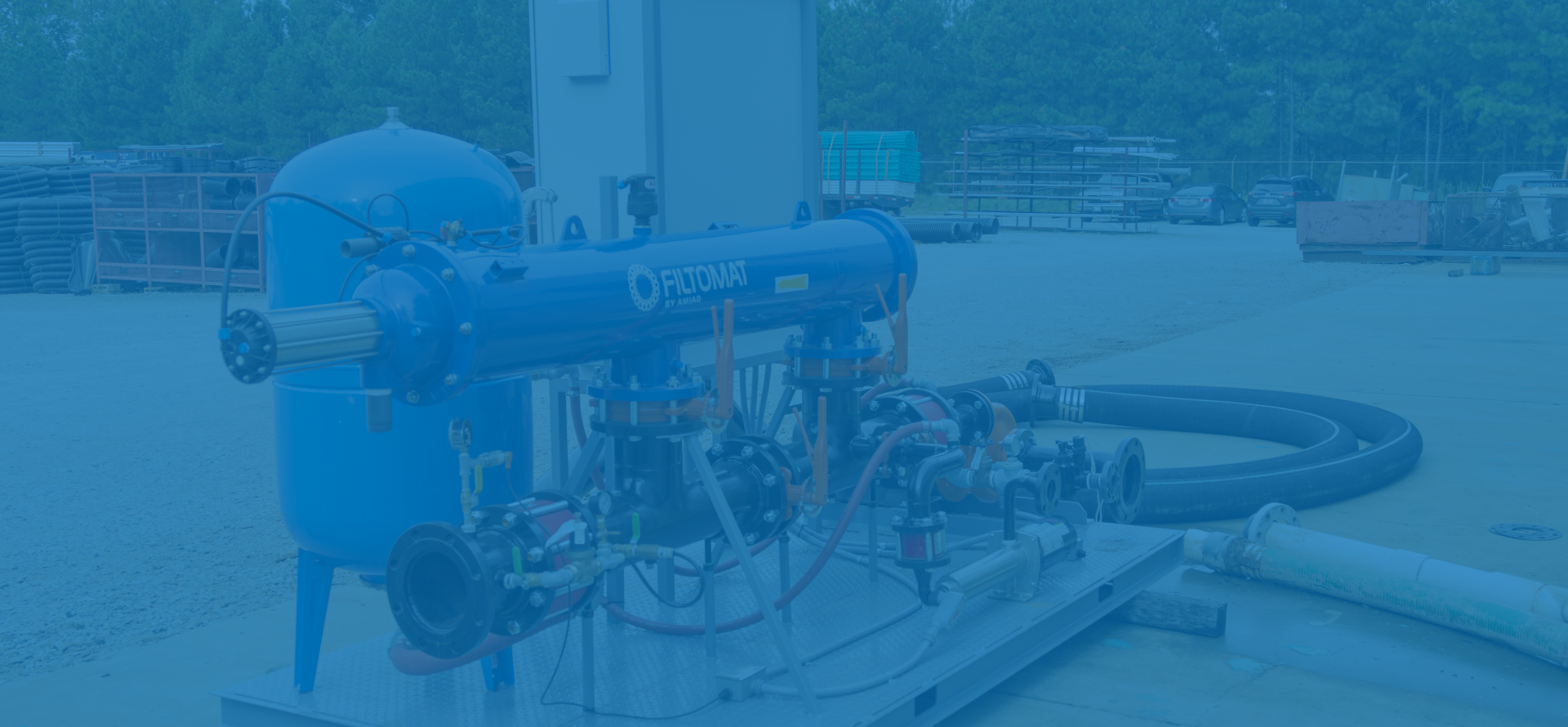Top Tips to Healthy Summer Crops and Low Water Bills

During the summer, it can take a lot of water to keep your crops healthy. To avoid excessive water use and to reduce your crop-watering bill, we have gathered together a few helpful tips. From using the correct type of soil to installing an automated irrigation system, we will help you keep your crops healthy and your water bills low.
Growing healthy crops without breaking the bank on your water bill starts with a few smart gardening tips.
Add organic matter to your soil.
The type of soil that you need to grow healthy crops will depend on your local growing conditions, as well as the type of plant that you are trying to grow. If the soil is too sandy, then water will pass through too quickly. If the soil has a large component of clay, then the water will penetrate the soil more slowly. However, if your soil has a healthy amount of compost added to it each growing season, then it will become rich with nutrients, which will promote the health of your crops.
Use the right watering tools.
Implementing a cost and water effective solution will depend on your type of crop. For example, many garden crops such as tomatoes, squash, and peppers grow well when water is provided via a drip irrigation system. Grape vines and shrubs also do well with drip irrigation. No matter the type of crop, make sure that you are delivering the water to the root zone. You can save money and water by gently soaking the roots, instead of spraying water over the leafy portions of the crops.
Whenever possible use “free” water.
While this tip can’t be applied to large growing areas, it is possible to use “free” water on household gardens and homegrown crops. But, what exactly is “free” water? We’re talking about rainwater of course! Using a rain barrel or cistern to collect rainwater from your downspouts can be a huge cost saver. Did you know that on average, a 1,000 square foot roof will yield approximately 625 gallons of water from one inch of rain? That’s a lot of “free” water that can be put to good use keeping your crops healthy and happy.
Next time you head out to your garden or check on your crops, keep these tips in mind so that you can reduce your water usage. To learn more about which water efficient watering system will work best for your summer crops, we invite you to contact a member of the W.P. Law team today!








